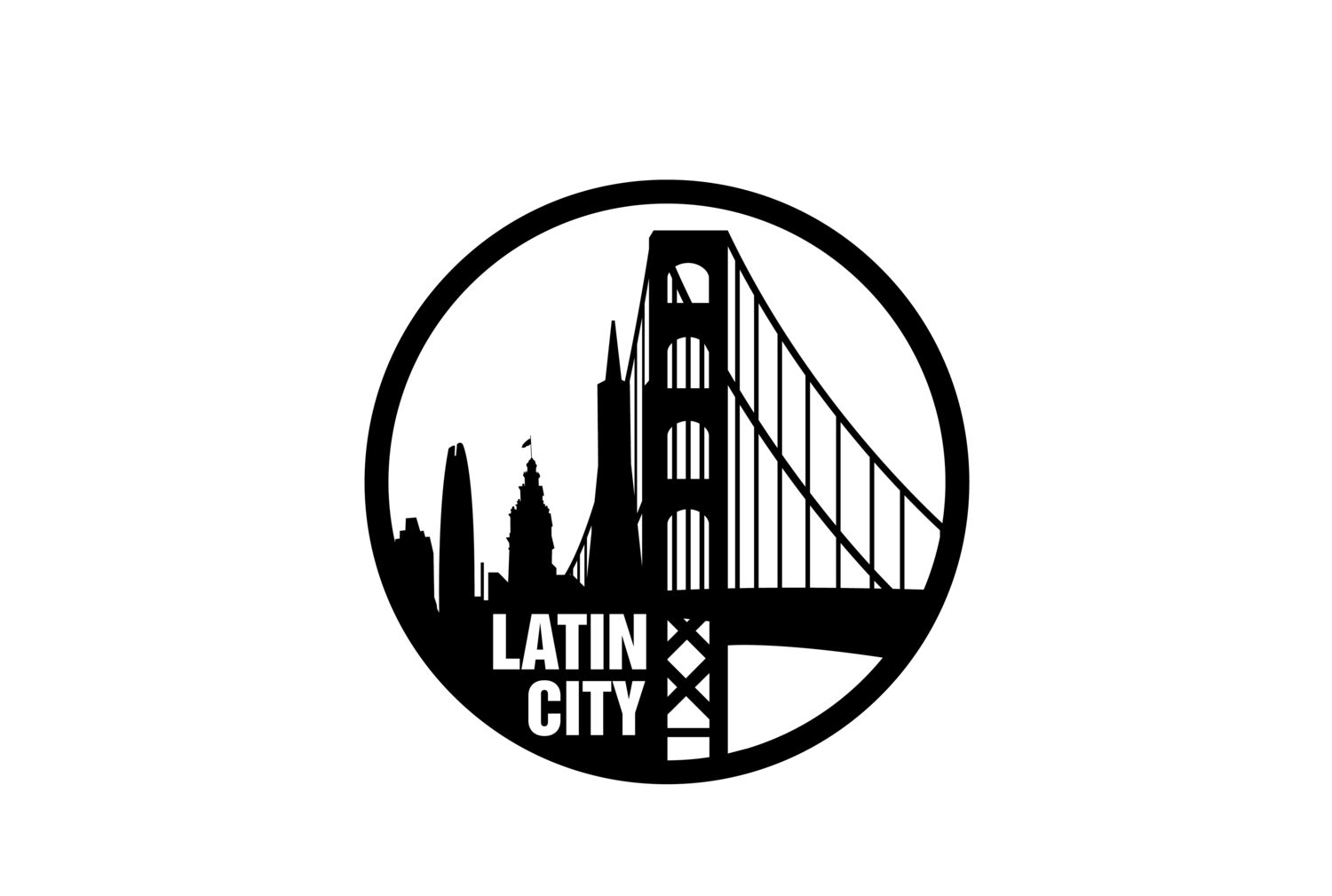African Diaspora: Afro-Colombian Culture in Colombia
Did you know that afro-colombians make up over 10% of the population in Colombia?
Or that their history in the country dates back to the 1500s when Africans were brought over as slaves? This is just a snippet of the rich and fascinating afro-colombian culture that exists in Colombia today. In this post, we will take a closer look at afro-colombian history, some of the most notable and important afro-colombians in colombian history, and the African slaves who were brought over to Colombia centuries ago.
Afro-colombians have a long and rich history in Colombia. Some of the first Africans to arrive in Colombia were brought over as slaves by the Spanish in the 1500s. These African slaves were put to work on plantations and in mines across Colombia. Over time, many of these African slaves managed to escape and form their own communities called Palenques throughout the mountains and forests. Many of the people from these communities would help other Africans held in slavery conditions to escape.
What are palenques you ask?
Palenques were communities of escaped slaves who managed to free themselves and create their own independent settlements. These settlements were often hidden away in the mountains and forests, and provided a safe haven for other runaway slaves. Palenques played an important role in helping to spread African culture throughout Colombia.
In the 1800s, Afro-colombians were some of the main driving forces behind Colombia's fight for independence from Spain. In the year 1810 Colombia gained their independence and Afro-colombians played a key role in this struggle, with many of them fighting in the military and serving as important leaders in the movement. One of the most famous and important Afro-colombians during this time was a woman named Policarpa Salavarrieta. She was born a slave but later freed, and went on to become a nurse and a spy for the revolutionary army. She was eventually captured and executed by the Spanish, but she is remembered as a hero by many colombians today.
On May 21st in 1851 slavery was abolished in Colombia, this was in large part due to the efforts and campaigning of Afro-colombians. After slavery was abolished, despite facing discrimination and racism from those in power, Afro-colombians began to gain political and social power. They formed their own political parties, ran for office, started businesses and began to advocate for Afro-Colombian advancement. In the early 1900s Afro-colombian rights activist Victor Manuel Gómez launched a campaign to have Afro-colombians included in the Colombian Constitution as an officially recognized ethnic group. This campaign was successful and in 1991 Afro-colombians were finally included in the Constitution.
Throughout history, Afro-colombians have played important roles in forming the Colombia that we know and love today. From their rich culture and traditions, to their contributions to music and art, Afro-colombians have truly left their mark on the country. Many of our favorite Colombian dishes and favorite songs come from Afro-colombian communities. For example, one of the most popular dishes in Colombia is Sancocho, a stew made with diverse ingredients that come from all over the world. Afro-colombian communities are also responsible for some of our most beloved traditional songs, like Cumbia and Porro. Some notable Afro-colombians include singer Joe Arroyo, artist Fernando Botero, basketball player Manute Bol, and soccer player Faustino Asprilla. Each of these individuals has helped to shape Colombian culture in their own unique way.
Some other notable Afro-Colombians
in the world of music are Totó la Momposina and La India Maria. Totó la Momposina is a Grammy-nominated singer who has dedicated her life to preserving the traditional music of the afro-colombian community. La India Maria is an award-winning singer known for her powerful voice and moving lyrics about afro-colombian culture and history. Afro-colombians have also made significant contributions in the world of sports with several athletes and teams achieving national and international success. One of the most famous afro-colombian athletes is boxer Antonio “Kid Chocolate” Cervantes, who was a world champion in three different weight classes.
Afro-Colombians have also made significant contributions in other areas, such as politics and activism. Afro-Colombian activists have worked tirelessly to raise awareness about the unique challenges faced by their communities and promote racial equality. One notable activist is Olga Lucia Alvarez, who founded the first afro-colombian political party in 1991. Afro-Colombians have a rich history that is often overlooked or misunderstood. By highlighting some of the important contributions afro-colombians have made to Colombian society, we can help to promote understanding and appreciation for this vibrant community.
Afro-Colombian culture is alive and well in Colombia with communities throughout the country celebrating their heritage and traditions. Afro-colombians have faced many challenges throughout history, but they continue to thrive and contribute to Colombian culture. Despite discrimination and racism, afro-colombians have persevered through times of struggle and shown the world their immense strength and resilience. We salute Afro-Colombian ancestors for their contributions to Colombian society and we look forward to celebrating their rich culture for years to come! As afro-colombian culture becomes more widely recognized and appreciated, we can look forward to even more of the amazing contributions this community has to offer.


